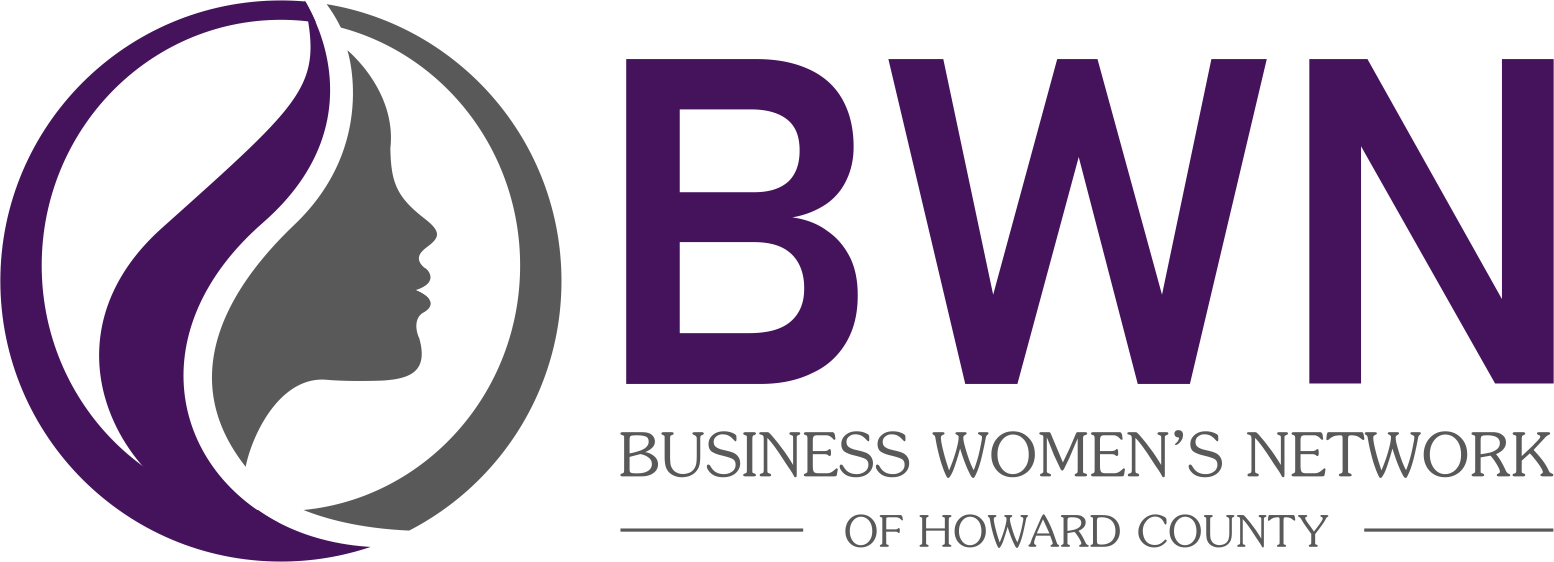BWN Spotlight The Business Women's Network of Howard County is built upon an outstanding foundation of members and sponsors. Their combined subject knowledge is unparalleled. All of our sponsors are also members! Here, we feature a monthly blog post written by a current member-sponsor. Current sponsors can contact Ruth Lamberty at ruth@adultprep.com to request a spotlight month. | Recent Posts
|
